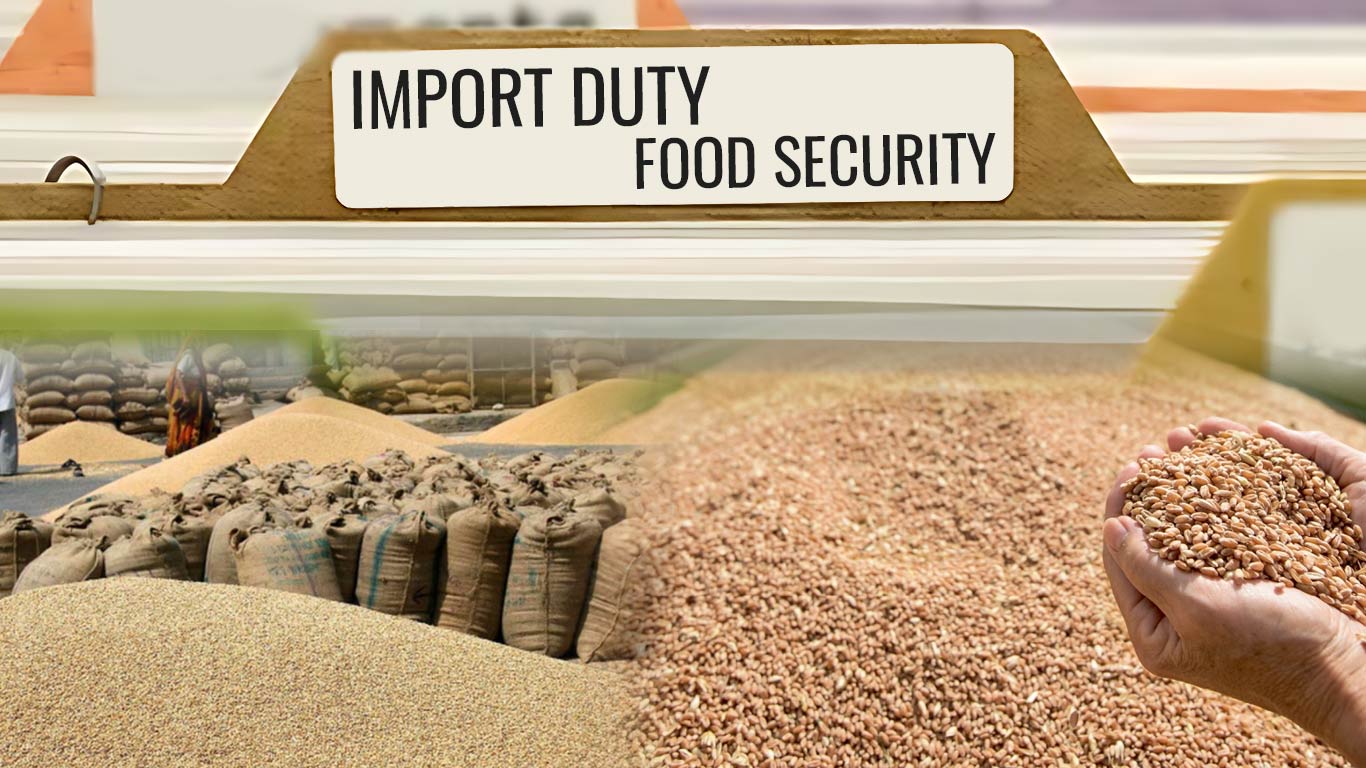India Maintains High Import Duties To Safeguard Agricultural Sector And Ensure Food Security
Updated: Jan 01, 2024 05:26:47pm

India Maintains High Import Duties To Safeguard Agricultural Sector And Ensure Food Security
New Delhi, Jan 1 (KNN) According to a report from the economic think tank GTRI (Global Trade Research Initiative), India should decrease its dependence on imported vegetable oils to improve health outcomes and lower the import expenditure.
The preservation of India's self-sufficiency and ensuring food security for its population will hinge on maintaining elevated import duties for sensitive agricultural commodities such as rice and resisting calls to open up the domestic sector to lower tariffs, as stated in a report on January 1.
Educating consumers about the health advantages of opting for locally produced oils such as mustard, groundnut, and rice bran instead of imported ones will be essential.
Being the world's foremost importer of vegetable oils, India is projected to witness a doubling of imports, reaching USD 20.8 billion in 2023-24, compared to USD 10.8 billion in 2017-18.
In 2023, India's agricultural imports are expected to reach USD 33 billion, comprising only 4.9per cent of total merchandise imports. GTRI co-founder Ajay Srivastava attributes this achievement to policies like the green and white revolution, high import tariffs, and WTO negotiations, prioritizing food security over pressure to open Indian agriculture to subsidized imports from developed countries.
The report indicated that in 2023, imports are expected to decrease by 18.6per cent, reaching USD 17.1 billion compared to 2022, mainly attributed to a decline in import prices rather than quantities.
Additionally, the report projected a 44per cent increase in India's pulses imports, surpassing USD 2.7 billion in 2023 compared to 2022.
As the global leader in pulse production and consumption, India strives to boost domestic output and reduce imports by introducing disease-resistant, high-yielding varieties. Key challenges involve tackling water scarcity and market volatility.
Efforts include reclaiming fallow land, promoting intercropping, and focusing on rain fed areas. Market and infrastructure support measures include ensuring fair prices through Minimum Support Price (MSP), investing in storage and processing, and establishing direct marketing channels.
(KNN Bureau)












